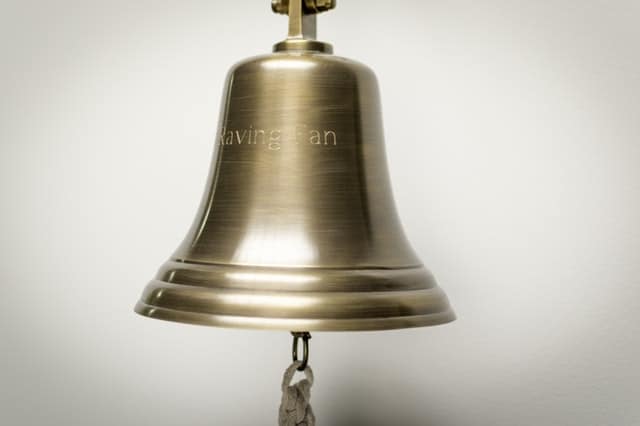About one in five people in Santa Barbara has tinnitus. This ringing in the ears occurs as a result of damage to the sensory nerves in the inner, called hair cells. Unfortunately, once the nerve cells are destroyed, they cannot regenerate. Tinnitus has no cure, but there are strategies that allow you to manage it successfully in order to lessen its severity and impact on your everyday life.
Factors That Worsen Tinnitus

The key to coping with tinnitus is reducing its symptoms. There are many ways to accomplish this including the use of masking techniques such as white noise, adopting lifestyle and dietary changes, practicing meditation and relaxation exercises and undergoing counseling.
Equally important is avoiding things that can make your tinnitus worse. The following factors all contribute.
- Loud noise. Noise is one of the key factors responsible for tinnitus. We’ve all been to concerts or other events where the music was so loud, we heard a ringing in our ears afterward. This can be either temporary or permanent depending on the overall volume level and length of exposure. In order to keep tinnitus in check, be sure to wear earplugs and other forms of hearing protection any time you will be exposed to loud noises.
- Medication. There are more than 200 drugs whose side effects include temporary or permanent hearing loss and/or tinnitus. The most common ototoxic medications are antibiotics, loop diuretics, chemotherapy drugs, antidepressants, nonsteroidal anti-inflammatory drugs (NSAIDs) and high doses of aspirin. If your medications are causing tinnitus, let your Santa Barbara Audiologist know immediately. There may be alternatives you can take instead.
- Stress. Stress and anxiety can exacerbate that ringing in your ears, so it’s important to take measures in order to relax. Physical exercise may help; others find benefit from deep breathing and meditation exercises, biofeedback, massage and acupuncture.
- Earwax. Cerumen, or earwax, is important in keeping your ears clean, but there can be too much of a good thing. When earwax builds up it can cause a ringing in your ear or temporary hearing loss. It’s best to visit your Santa Barbara Audiologist in order to get rid of that excess wax – never use cotton swabs or Q-tips, as you are likely to simply push the earwax further into your ear canal or, worse yet, cause damage to your eardrum.
- High blood pressure. If you suffer from hypertension, getting it under control is important not just for your physical health but for your hearing, as well. High blood pressure can make your tinnitus symptoms worse.
- Poor sleep. Lack of sleep can stress you out, triggering tinnitus. Sometimes that ringing in your ears can prevent you from falling asleep in the first place, creating a vicious circle. Winding down before bedtime, sticking to an established routine, avoiding alcohol and playing white noise can all help you fall asleep more easily.
- Alcohol. A glass of wine after a busy day is a great way to unwind, but drink too much and you’ll boost your blood pressure, making your tinnitus more noticeable. Alcohol also interferes with sleep.
- Smoking. Cigarettes are harmful in many ways. In addition to the increased likelihood of lung cancer and emphysema, nicotine narrows the blood vessels that bring oxygen to your ears and raises your blood pressure, both of which can lead to tinnitus.
- Caffeine. We’re not suggesting you give up that all-important morning cup of joe, but do watch your caffeine intake throughout the day. Too much caffeine raises your blood pressure and may worsen tinnitus.